Electric vehicles (EVs) are becoming increasingly popular as people look for more sustainable transportation options. However, there are still many misconceptions about their efficiency that can create confusion. In this article, we will debunk 15 common myths about electric vehicle efficiency, providing you with the facts you need to make informed decisions about this eco-friendly technology.
Contents
Electric vehicles are less efficient than gasoline cars.
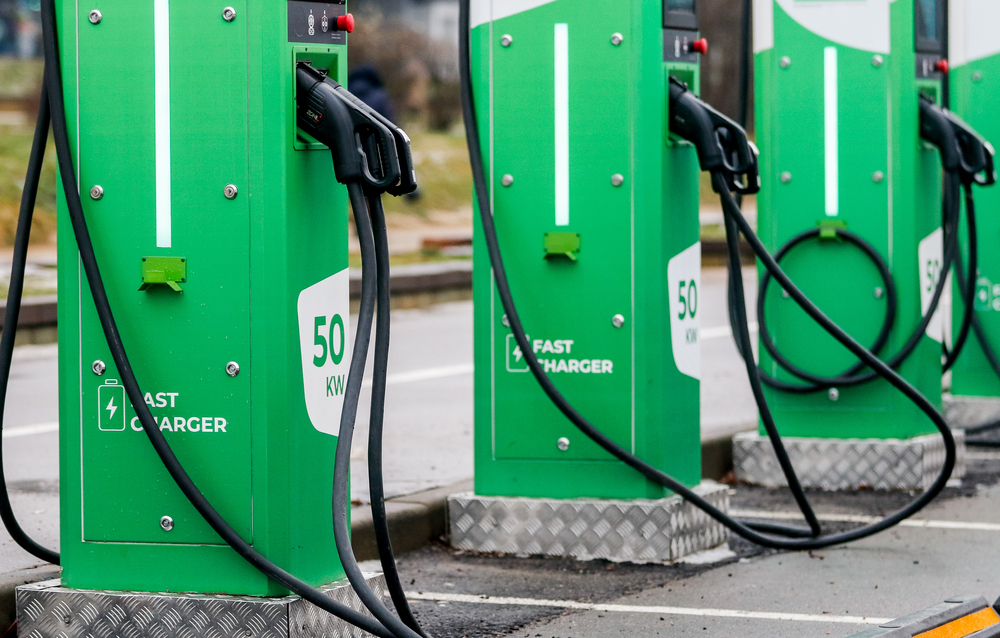
Electric vehicles (EVs) are actually more efficient than gasoline cars. Internal combustion engines (ICEs) typically convert only about 20-30% of the energy in gasoline into usable power, whereas EVs can convert over 85% of the electrical energy from the battery to power the wheels. This higher efficiency translates to lower energy consumption and reduced environmental impact.
EVs have a shorter driving range than advertised.
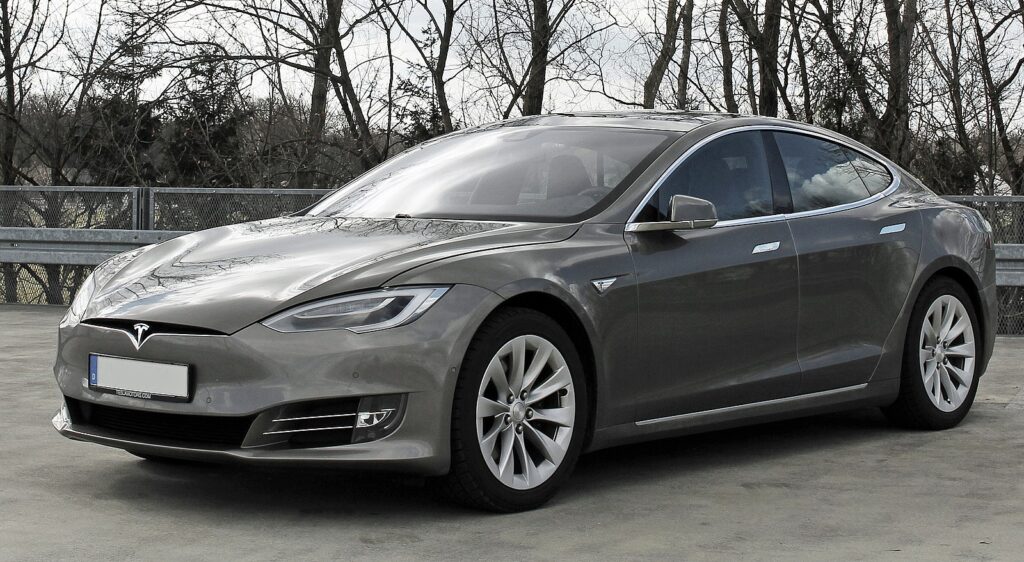
Many people believe that EVs cannot meet their advertised range. While driving conditions, terrain, and driving habits can affect range, modern EVs like the Tesla Model S and Chevrolet Bolt can often exceed 300 miles on a single charge, comparable to many gasoline cars. Advances in battery technology continue to improve range capabilities.
Electric vehicles take too long to charge.

Charging times for EVs have significantly improved. With rapid charging stations, many EVs can achieve an 80% charge in about 30 minutes. Home charging solutions allow overnight charging, providing a full charge by morning. New technologies like ultra-fast chargers promise to reduce charging times even further.
EV batteries degrade quickly and need frequent replacement.
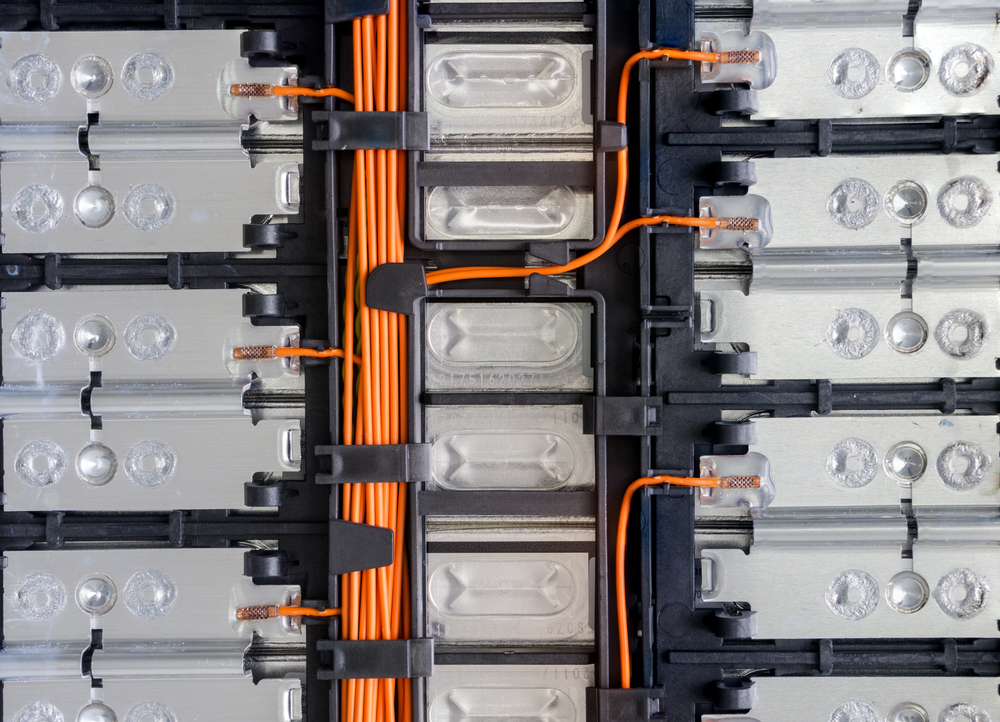
Modern EV batteries are designed to last the lifetime of the vehicle, with many manufacturers offering warranties of 8-10 years or 100,000 miles. Advances in battery technology and management systems have greatly improved durability and longevity, reducing the frequency of replacements.
Electric cars are too expensive to maintain.
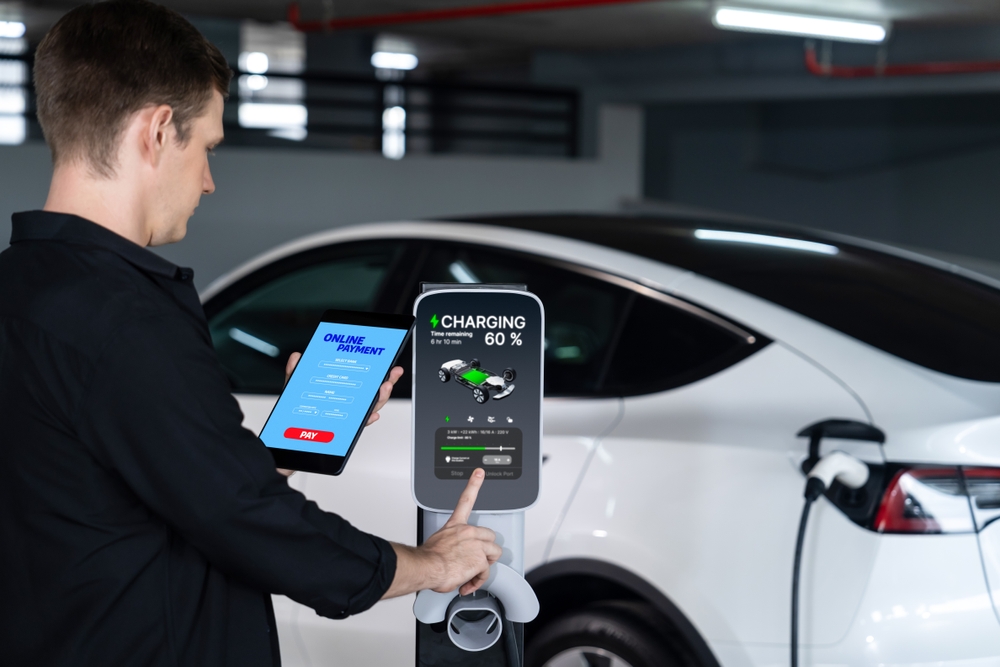
EVs generally have lower maintenance costs compared to gasoline cars. They have fewer moving parts, no oil changes, and less brake wear due to regenerative braking systems. This simplicity reduces the need for regular maintenance and repairs, making EVs more cost-effective over time.
EVs are not suitable for long trips.
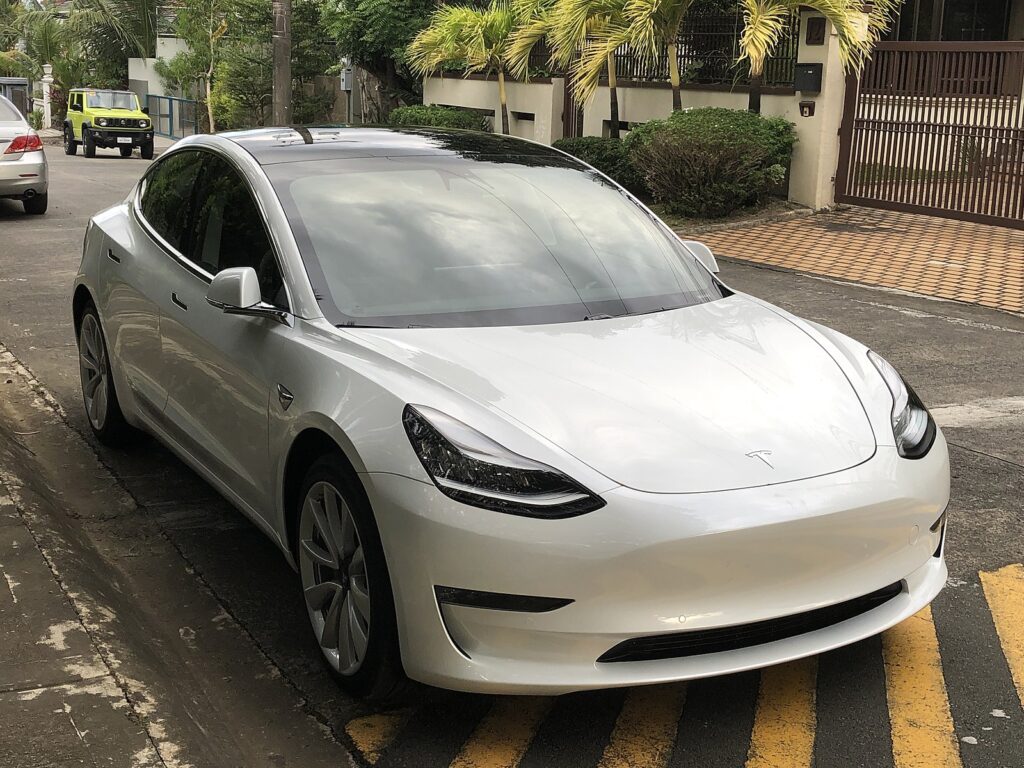
EVs are becoming increasingly viable for long-distance travel. Expanding networks of fast-charging stations make it easier to recharge on the go. Models like the Tesla Model 3 Long Range can travel over 350 miles on a single charge, making them suitable for road trips.
Electric vehicles don’t perform well in cold weather.

While cold weather can affect battery performance, modern EVs are equipped with thermal management systems to maintain optimal battery temperature. Preconditioning features allow drivers to warm up the battery before driving, mitigating range loss and ensuring reliable performance in cold climates.
Charging an EV is more expensive than fueling a gas car.
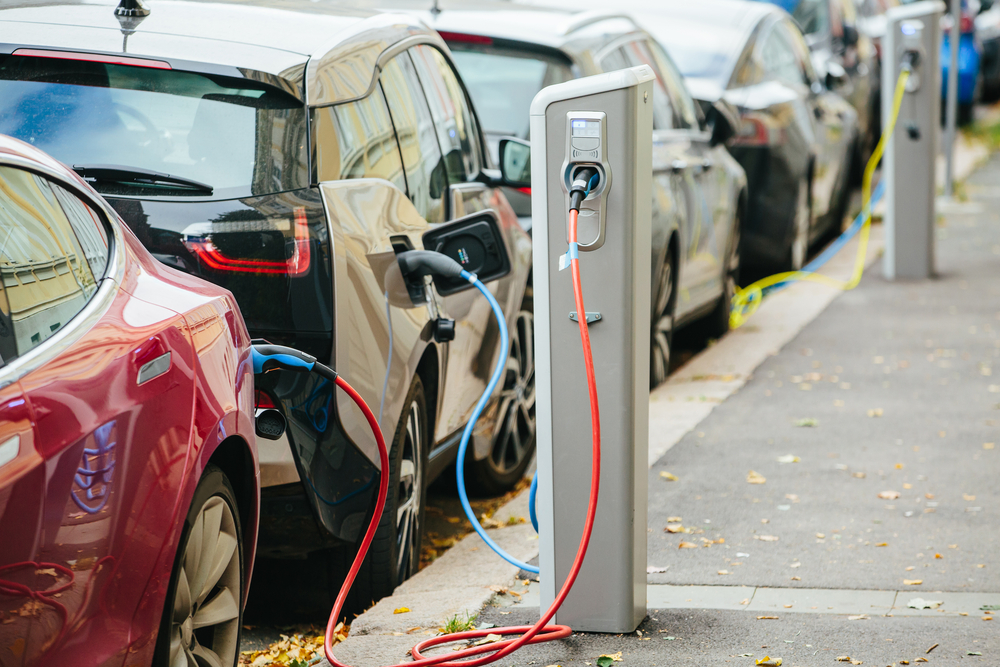
Charging an EV is generally more cost-effective than fueling a gasoline car. Electricity prices are typically lower than gasoline prices, and many EV owners charge their vehicles at home during off-peak hours for additional savings. Public charging stations also offer competitive rates compared to gasoline.
EVs have limited acceleration and power.

EVs are known for their impressive acceleration and instant torque delivery. Vehicles like the Tesla Model S Plaid can accelerate from 0 to 60 mph in under 2 seconds, outperforming many high-performance gasoline cars. Electric motors provide smooth and consistent power, enhancing driving experience.
Electric cars are not as safe as conventional vehicles.
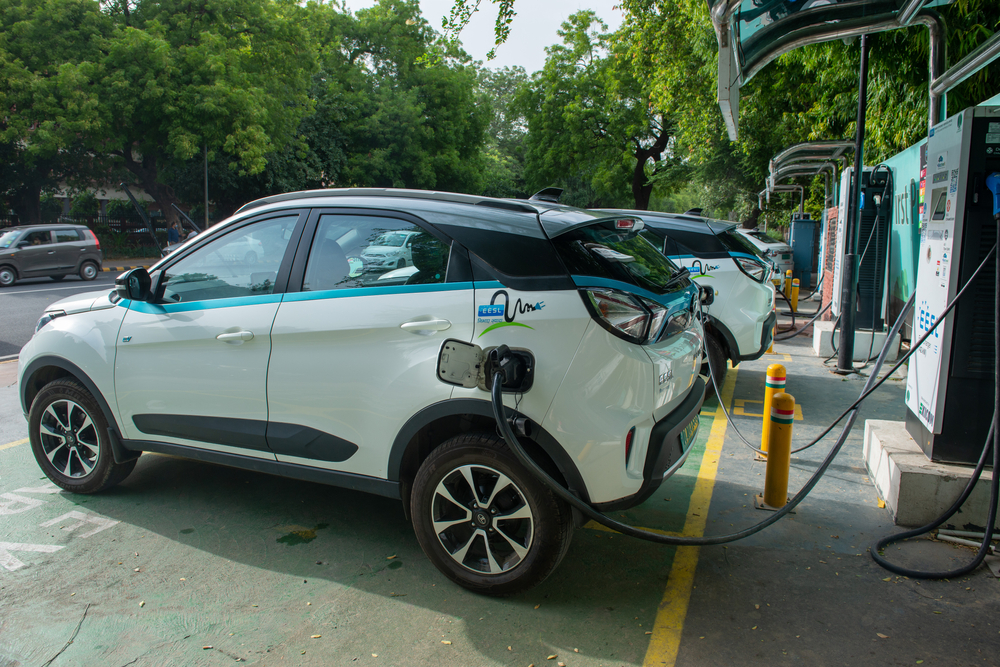
EVs are subject to the same safety standards and testing as gasoline vehicles. Many EVs have received high safety ratings from organizations like the National Highway Traffic Safety Administration (NHTSA) and the Insurance Institute for Highway Safety (IIHS). Features like lower center of gravity and fewer moving parts contribute to improved safety.
There aren’t enough charging stations to support widespread EV use.
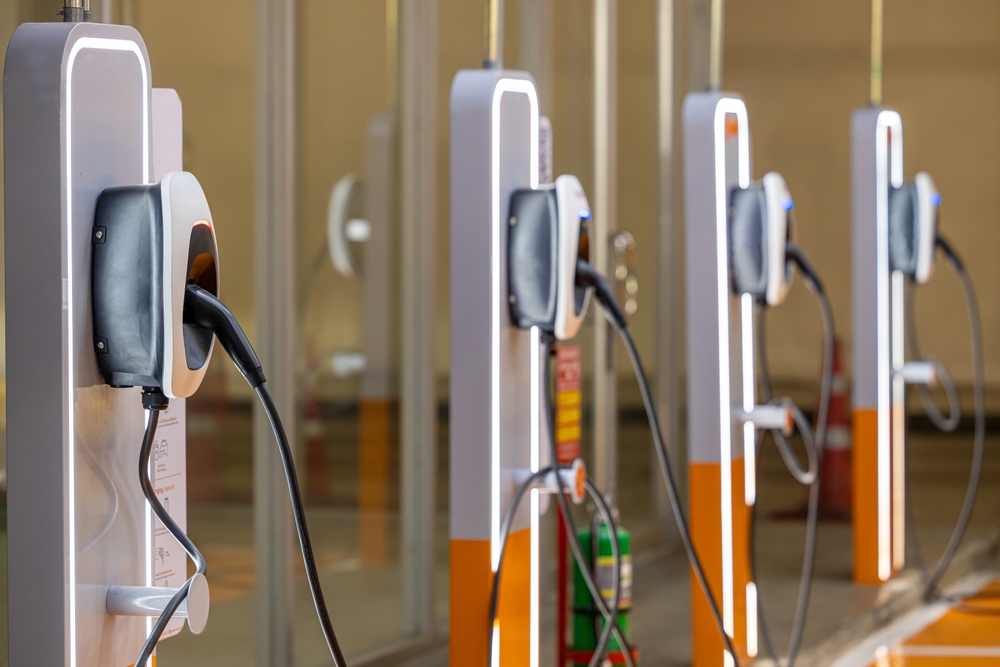
The number of charging stations is rapidly increasing. Countries and private companies are investing heavily in expanding charging infrastructure. Networks like Tesla Superchargers, Electrify America, and ChargePoint are making it easier to find charging stations, even in rural areas.
EV batteries are bad for the environment.

While battery production has environmental impacts, EVs have a lower overall carbon footprint compared to gasoline cars over their lifecycle. Advances in recycling technologies and sustainable sourcing of materials are further reducing the environmental impact of EV batteries.
Electric vehicles take too much energy to produce.
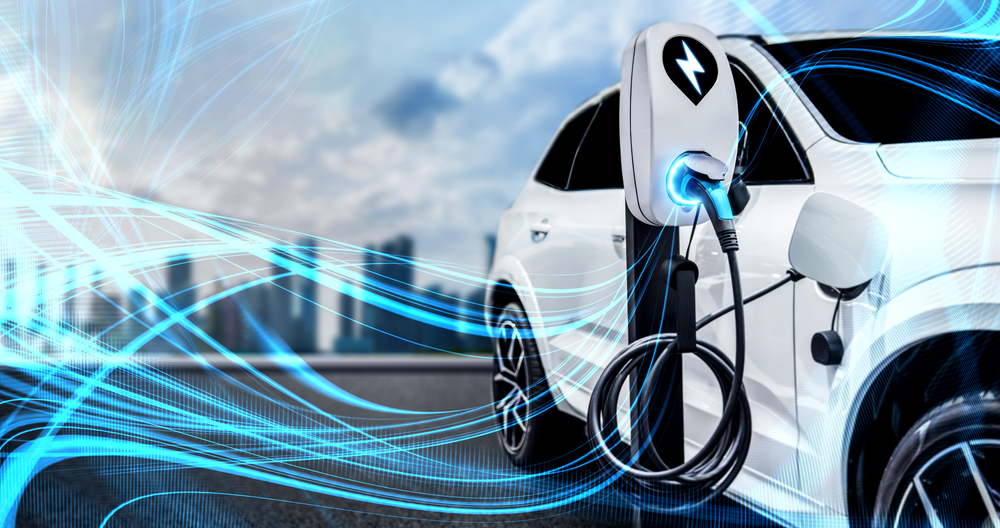
Although EV production requires significant energy, especially for battery manufacturing, the overall energy savings during the vehicle’s operational life outweigh these initial costs. EVs produce fewer emissions and have lower energy consumption during use, making them more environmentally friendly over time.
EVs are only good for city driving.

EVs are suitable for both city and highway driving. Their efficiency in stop-and-go traffic is excellent due to regenerative braking, which recovers energy. On highways, EVs maintain efficiency with aerodynamic designs and advanced battery management systems, providing a smooth and quiet ride.
Electric vehicles have a shorter lifespan than gas cars.
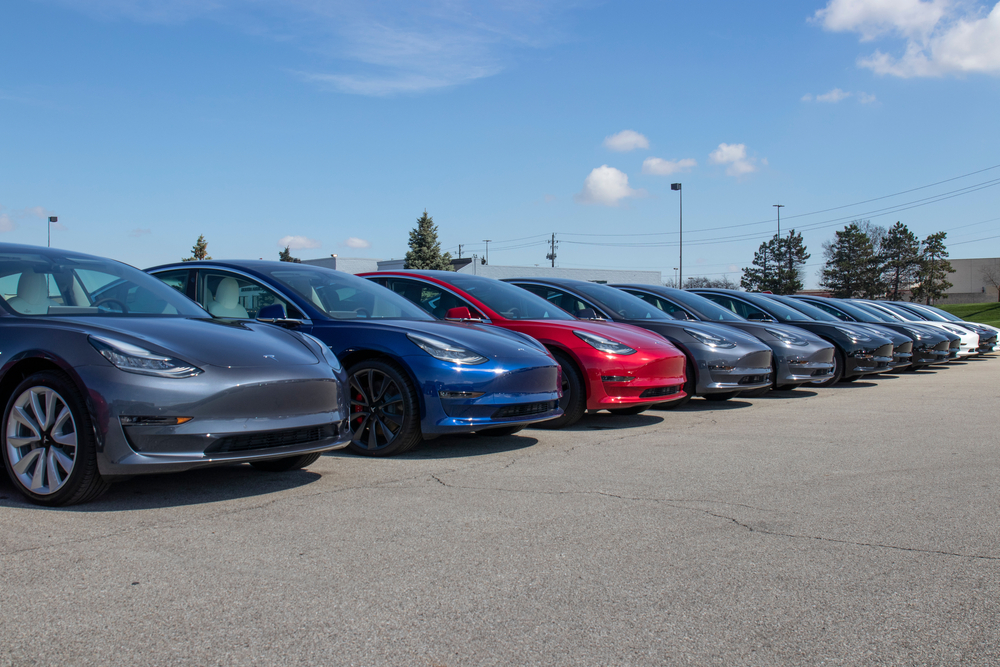
EVs can have a long lifespan, comparable to or even exceeding that of gasoline cars. With fewer mechanical parts to wear out, such as transmissions and exhaust systems, EVs often experience less wear and tear. Properly maintained EVs can remain reliable for many years and miles.
This article originally appeared in MyCarMakesNoise.
More from MyCarMakesNoise
15 Most Reliable Trucks for Heavy-Duty Work
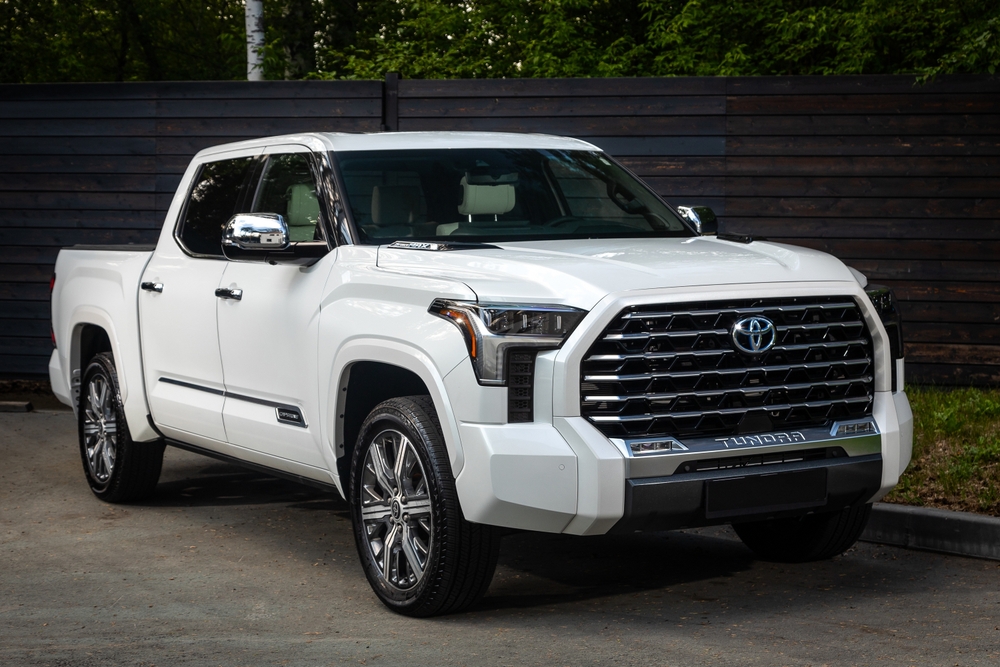
When it comes to heavy-duty work, having a reliable truck is essential. The demands of towing, hauling, and navigating tough terrains require a vehicle that can withstand intense pressure and maintain peak performance. Read More.
13 Tire Brands You Should Avoid at All Costs

When it comes to selecting tires, the stakes are high as they directly impact your vehicle’s performance and safety. Unfortunately, some brands fall short of delivering the quality and reliability needed. Read More.
16 Lesser-Known Military Vehicles with Impressive Histories

Military history is filled with iconic vehicles, but some of the most remarkable machines often fly under the radar. In this article, we’ll uncover 16 lesser-known military vehicles that have played crucial roles in conflicts around the world. Read More.














